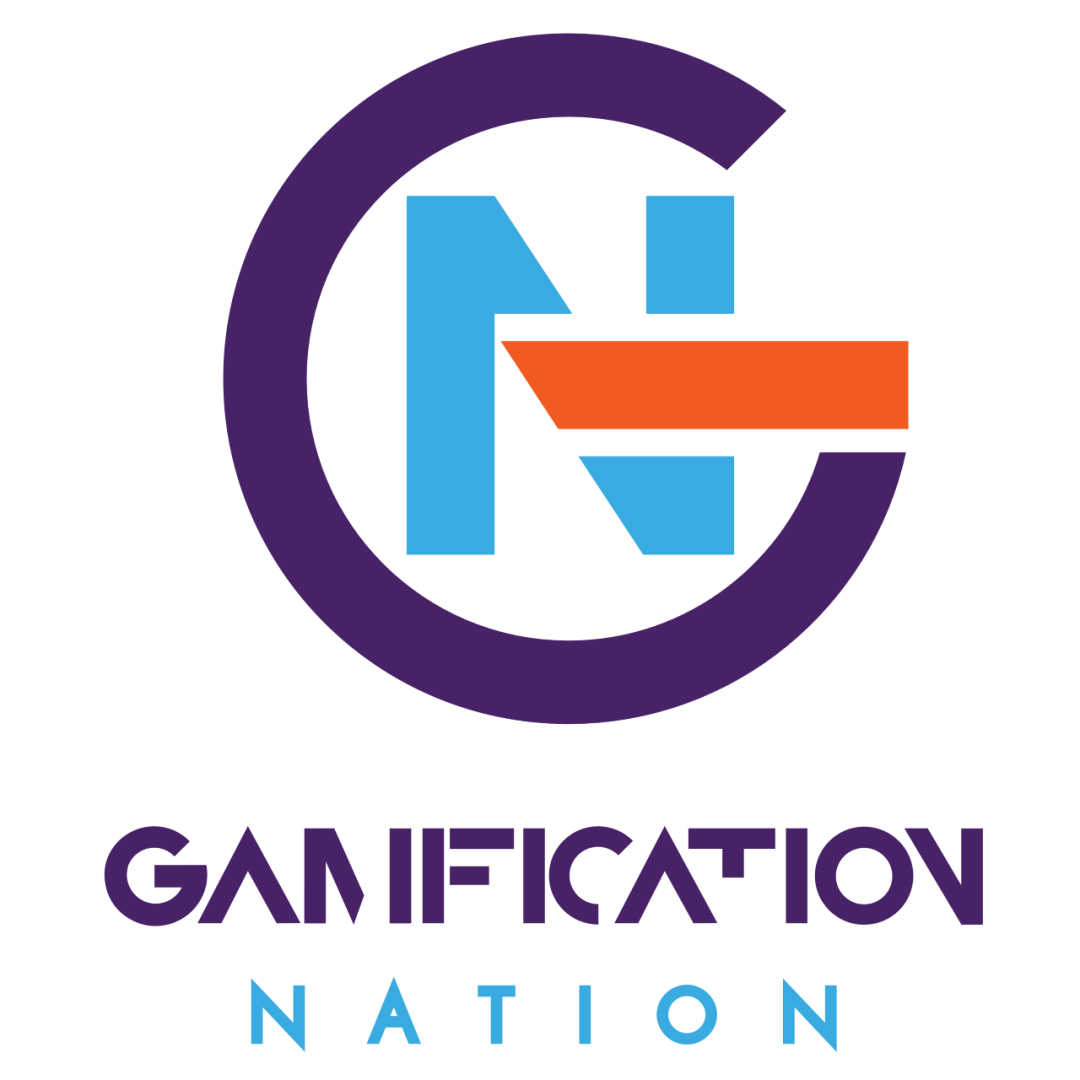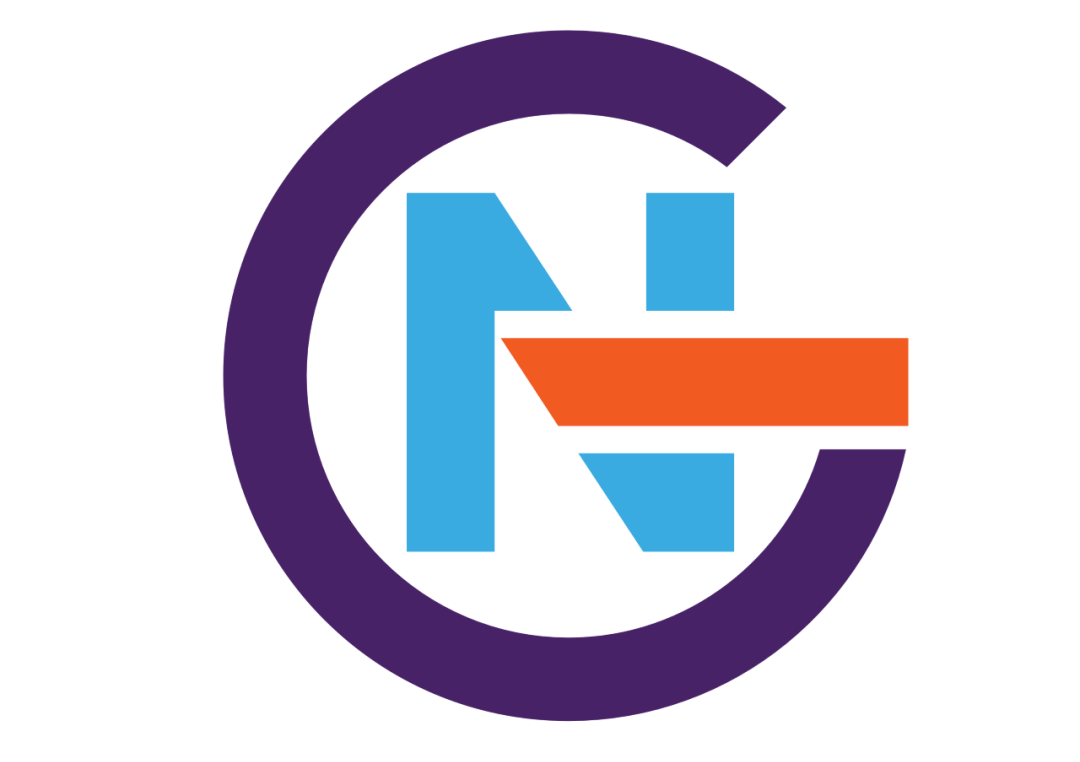Gamification stuff we love: health tracking is good for you
Studies on behalf of the America Heart Association have found that tracking your health data can help lower your blood pressure whilst you earn yourself rewards. Chicago based company Higi created a platform to track blood pressure and other health information through individuals checking in health pods located in various stores across the US such as Wholefoods, pharmacies, etc. and you can also opt to track from home with existing devices such as Fitbit, Garmin, Jawbone etc. Users are invited to upload their data and earn incentives such as gift cards, discounts for retails stores, fitness gear, gyms and holidays. The idea is to stimulate health and wellness when individuals have smart information about their own habits and health.
A study funded by Higi found that engagement in the platform helped people with high blood pressure lower their readings. Participants in the nearly three-year study, average age 52, showed a blood pressure reading of 140/90 mmHg or more – which is considered high – at their first higi measurement. Fifty-six percent of participants were men, 44 percent were women and nearly half were obese. Analyzing the activities of approximately 153,000 study subjects who met the inclusion criteria, researchers found:
- Nearly half decreased their systolic blood pressure.
- Of those with greater than 20 achievements, about 85 percent lowered their blood pressure to non-hypertensive.
- Participants with more than 20 achievements showed an average drop of systolic blood pressure (top number) of 16.2 mmHg and a drop of diastolic pressure (bottom number) of 10.6 mmHg
“What we found in our study confirms what many have felt intuitively: when individuals are armed with their health data, they can make meaningful improvements in their health that may lead to lasting behavior change,” said Khan M. Siddiqui, chief technology officer and chief medical officer at higi. “Our findings bolster our belief that the best way to help consumers live healthier lives is to empower them with personally meaningful data, content and rewards that make healthier choices second nature.” (source: https://newsroom.heart.org/news/interactive-health-data-plus-reward-incentives-may-help-lower-blood-pressure-and-create-lasting-behavior-changes)
These data findings are an exact contradiction of a study on having data on smart energy in the home in study carried out by Goldsmith university, where having access to data actually didn’t change behaviour at all, because most of us have enough decisions to make at any given time.
So the interesting question for each of these studies, is whether it makes a difference when the topic we have smart data on is as close to the bone as our own health and this being an area of focus or rather a topic externally places such as energy.
We would love to hear your thoughts, would smart data drive your behaviour or only when it is as close to the bone as your own health?





